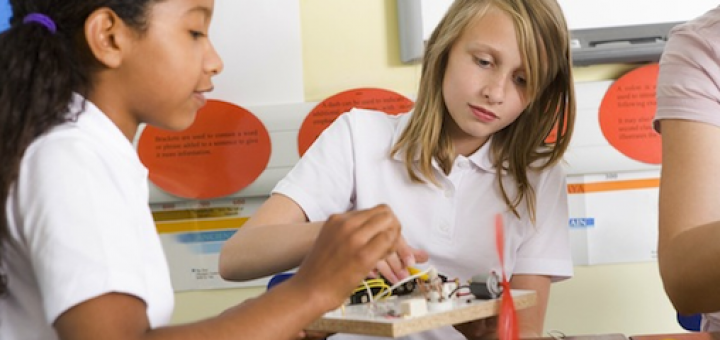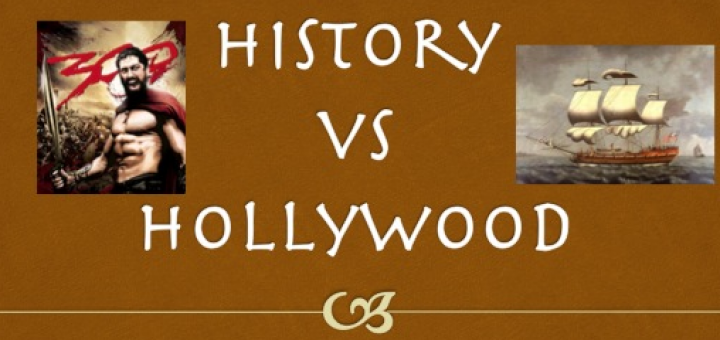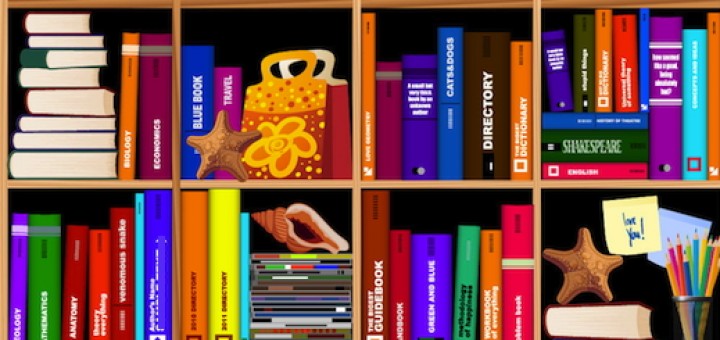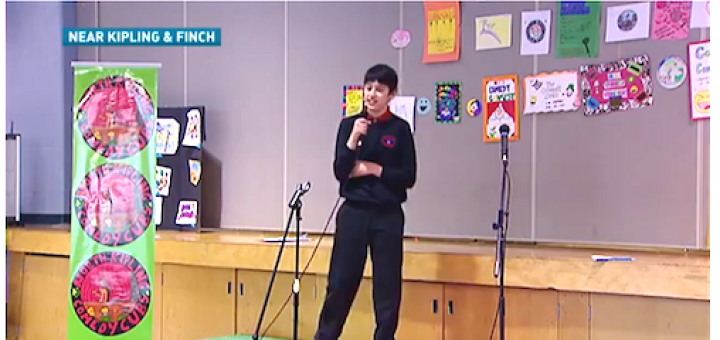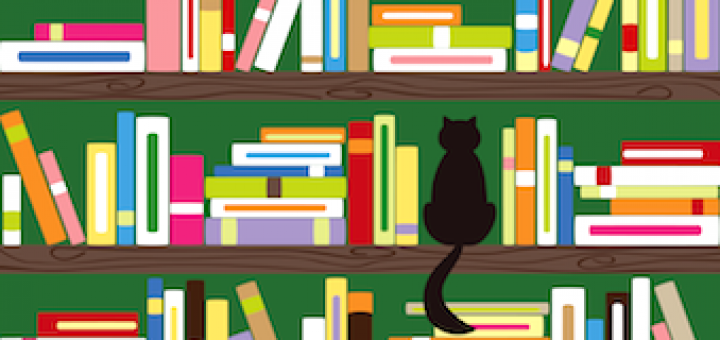Polarity Thinking in Our Schools
Though the author tackles many reform issues and includes significant research, reviewer Emily Barksdale found Unleashing the Positive Power of Differences: Polarity Thinking in Our Schools both too broad and too dense to help teacher leaders.



